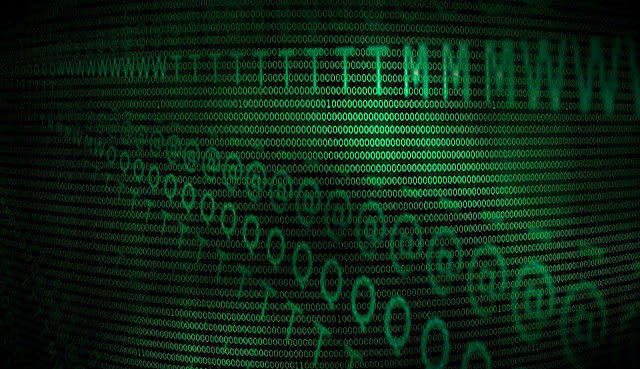Every now and then, I think about what a different project writing Exploring Healthcare through 50 Historic Treasures would have been before the internet, or even before the internet's offerings were as robust as they are today. I guess this post is sort of the other side of the coin from my post about visiting archives in person. But, I'm not just going to spend it talking about how great the internet is -- you get it, I'm a millennial, you don't need me to explain -- what I find interesting is how it helps me get out of my bubble, and write about subjects I don't know as well.
I'm writing about objects that are in museums in states I've never been to. I'd love to visit every museum in the book, but the project really doesn't have a travel budget, so I'm visiting as many as I can, opportunistically. I'll probably continue to visit as many of them as I can well after the book is published. Imagining myself doing this project without the internet, I'd need to spend a lot more time in a *very* thorough reference section in a public library. Probably at least once per chapter, I look up a town I've never been to and sometimes I've never heard of -- usually the town an artifact is from, whether or not that's where it is now. I might want to find how far it is from a larger city where there were other healthcare options, or its demographic makeup in a given decade. Almanacs, encyclopedias, and atlases could help me do this, but Google Maps, Wikipedia, and online historical census data makes it a whole lot faster.
 |
| I asked my spouse for ideas of what kind of image to use for this post, and he said, "how about some sort of 90s-tastic 'information superhighway' clip art?" So here you go. |
More importantly, I have a much broader network of people to ask when I'm trying to fix a hole in my research and in my understanding. One of the most time-honored ways to do research, past just looking something up in a library catalog, is to go to the bibliographies of the good sources you do have, and then seek out the things they cite. That's useful, but it can replicate problems of disproportional representation. I'm more than halfway into writing Exploring Healthcare, and I have finalized about 40 of the 50 artifacts and historic sites I'll be using, but I had found very little good information on Latin American and Latine people's experiences with health care in American history, and even less on how that's represented in museum collections. Through my library and online scholarly sources I had found plenty of modern information, and some Spanish-language information -- I read maybe 50 words of Spanish, so while it's good they have those resources, they're no use to me. I found a couple of books and articles and they weren't enough. So, a few weeks ago, I asked for help on Twitter, using just the hashtag #histmed. A number of people retweeted it or pointed me to specific people, and at least half a dozen historians and museum professionals responded, most with much more professional and personal experience in this area than I have. Now I have a nice long reading list and several museums to get in touch with.
One of the biggest challenges in coming up with the list of artifacts I'll be including in the book is balancing the many different types of diversity I want the book to encompass. I want to showcase museums in as many different states as possible. I want to be fairly balanced in what time periods I represent, starting in the late 18th century. I'm striving to include a mix of healthcare practices that are supported by current science, that were supported by scientific theories that are now outdated, and practices that were never supported by science. I am including a variety of types of museum, large and small, broad and specialized, but getting that diversity turned out to be fairly easy to do. That's another one that would have been a lot harder without the Internet, because I used a lot of TripAdvisor, Atlas Obscura, and other sources to find museums to search for artifacts. Without them, I would probably mostly have relied on published guidebooks, which often leave out a lot of the more out-of-the-way sites, and perhaps a printed version of the membership directory of the Archives and Librarians in the History of Health Sciences and Medical Museums Association.*
This just scratches the surface, and I haven't begun to talk about online databases and digitized historical documents. (I'm on the board of a nonprofit that helps libraries, museums, and other groups digitize their collections and help them navigate how to best use what's digitized, in case you were wondering whether my enthusiasm for the digital world extends to scanned primary sources.) I love the smell of old books, and I would be happy to live and write in a cocoon of old reference books scavenged from vintage shops and one-dollar carts in used bookstores, but I know my work is better when I don't, and now I have a much longer list of places I want to visit someday.
*We're working on a shorter name.
Comments
Post a Comment